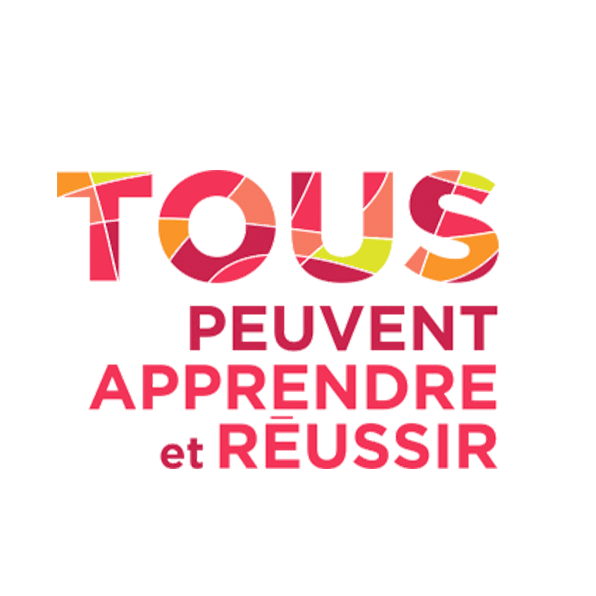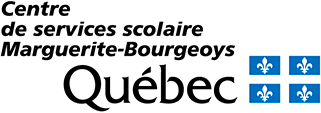This workshop includes:
- Four meetings (8:45 am to 3:15 pm, L.I.N.K.S High school, in-person)
- January 31st
- March 1st
- April 19th
- May 26th
Total number of participants: 20
This offer is available in English.
Requirements for Participation
- Authorization from school administrator
- Minimum number of participants per school: 2
General Selection Criteria
In view of the popularity of certain project proposals and the number of spaces, selection criteria have been retained:
- A proportional representation of the targeted schools of the two English-language school boards in Montréal as a priority, and of the three French-language school service centers depending on the spaces available
- A representation of the cycles
- The participation of the individual in other offers of professional development (current school year).
Description
“Making sense of mathematics by building on understanding of mathematical concepts and processes" (Hiebert & Carpenter, 1992; MEQ, 2006a; MEQ, 2006b; MEQ, 2006c; Small, 2013 quoted in MEES, 2019, p. 3 - AMSFA translation) is one foundation in the teaching and learning of math. This can be especially true for students living in disadvantaged communities because "students often feel that 'school math' is different from the math they know and use outside of school" (MEO 2003 quoted in MEES, 2012, p.16 - AMSFA translation).
"Regardless of their socio-economic status, children come with diverse backgrounds, experiences, knowledge, interests, and skills, as well as a mathematical background. This background needs to be recognized, developed, and linked to school mathematics" (Giroux, 1991; and Ginsburg & Seo in press, cited in Cléments, 2004 quoted in MEES, 2012, p.16 - AMSFA translation). Schools must recognize and value this background and help students become aware of what they already know and understand, and how it relates to what they are being taught. Students must be encouraged to develop mathematical concepts by drawing on intuitive knowledge, personal experience and exchanges with peers.
Using Number Talks in the classroom encourages students to reflect, discuss, construct meaning, and develop strategies that help them to understand complex mathematical concepts. “In addition to giving students a way to check and validate their reasoning, Number Talks will help them develop and maintain a high degree of flexibility in their thinking about numbers." (Sherry Parrish, 2011)
This offer includes an experimentation that allows participants to reinvest the contents in the targeted program components:
- Subject Area: Mathematics
Specific and Measurable Goals
- Understand some of the characteristics of students from disadvantaged communities and how they relate to numeracy development.
- Explore and experiment with the pedagogical practices of using Number Talks to promote and support the learning of mathematics in a disadvantaged community school.
- Become familiar with Number Talks and why it is considered an equitable teaching practice in a math classroom.
Cost covered by the organization
A Montréal School for All covers the following costs:
- Substitution or replacement
If applicable, a fixed amount is allocated by A Montréal School for All to school boards and school service centers to cover the costs of substitution or replacement.
Costs covered by the school: none
Professional Development Team
Aliya Somani, Pedagogical consultant, EMSB
Nancy Saltarelli, Professional resource, A Montréal School for All
A Montréal School For All
Contact person
Nancy Saltarelli : nancy.saltarelli@education.gouv.qc.ca









